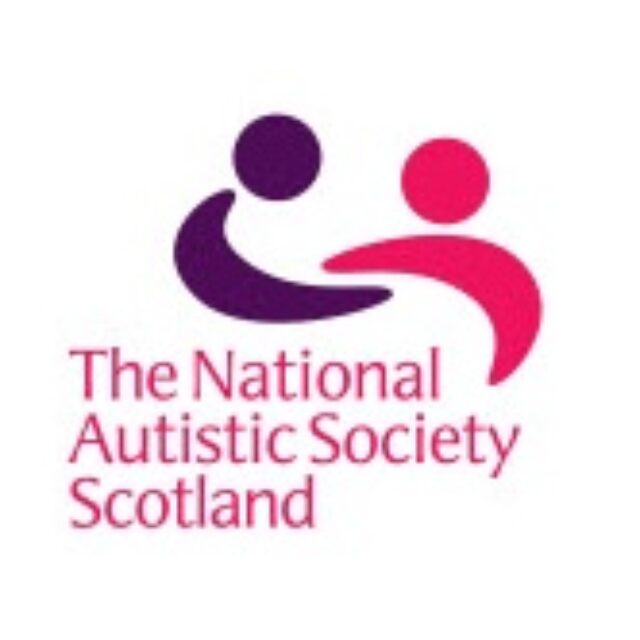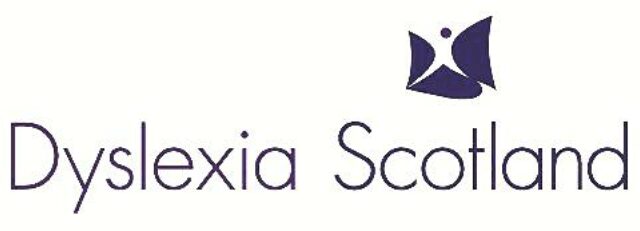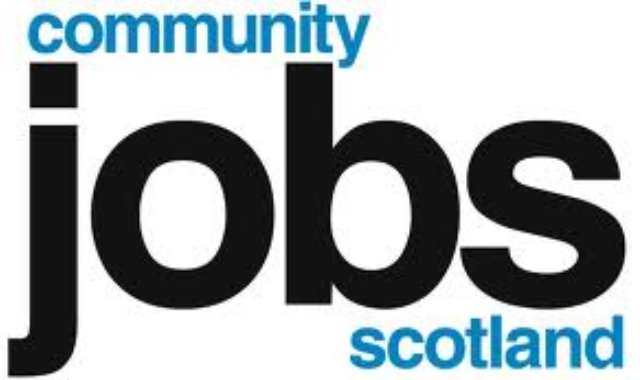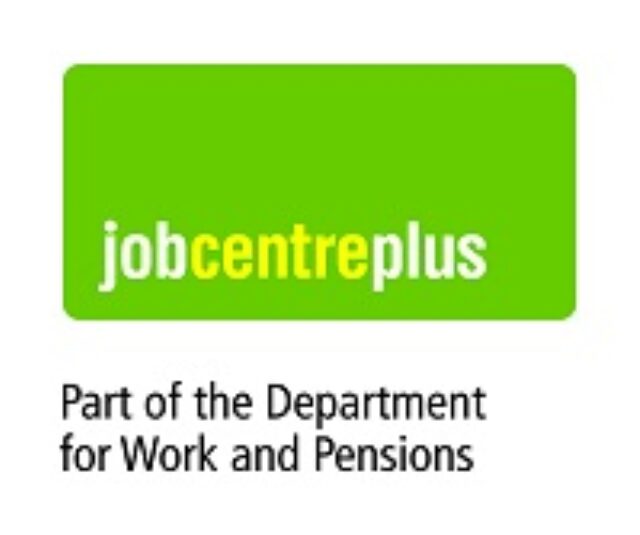Employment Rights and Information
This is a summary of some of your employment rights and related information. Always contact an adviser or professional if you have a problem or are in doubt as these are summary points only and may be subject to change.
Contract of Employment
You should get a written contract of employment within two months of starting your job. The contract will state your terms and conditions of employment including:
- start date
- finish date if a temporary contract
- how many days holidays you get in a year
- how much you will be paid
- what bonus payments you are entitled to
- your hours of work
- how much notice you need to give if you decide to leave
- grievance and disciplinary conditions
- maternity rights
Always check your contract before you sign it. It can be difficult to ask but, for example, if you are given the contract at an interview ask to take it away to look at it so that you know you are accepting a fair deal. You should keep all letters or papers that your employer gives you for future reference.
Money, P45 and ‘Lying Time’
It is important that you get paid the amount agreed at your interview or in your contract of employment. When you start work you should give your employer your National Insurance Number and if you’ve had a job before, your P45. Your employer will have explained the pay date (weekly, fortnightly or monthly) and method (cheque, cash or bank transfer) to you before you start If it is your first job you won’t have a P45 and your employer will give you a form P46 to fill in and sign. Your employer will use an emergency tax code until the tax office writes to them to confirm what code to use. It is not unusual to have ‘lying time’. This means you will not get paid until your second pay day. This money is held by the employer as security in case you leave without working notice. Any money earned in ‘lie’ time will be paid to you should you leave that employer.
Gross Pay and Net Pay
You are legally entitled to a payslip which shows: Gross Pay – the total amount of pay before any deductions Additions – you may be entitled to claim expenses or paid a bonus or overtime; these will be added to your basic gross pay. Deductions – tax due, national insurance due, and if relevant to you - student loan repayments, pension contributions, union membership, childcare voucher scheme or other work place schemes administered by your employer. Net Pay – the amount you are paid after your gross pay has been adjusted by additions and deductions.
Hourly Paid/Salaried
If you are paid hourly, make sure you are paid for the number of hours you work. Many employers will ask you to keep a time sheet where you note all the hours you have worked. If you don’t think you have been paid for the correct number of hours, tell your manager straight away and they will help you sort it out. If you are paid a salary you will have agreed a total amount per year that you will be paid. Your employer will divide this total into equal payments, generally paid on a monthly basis.
Tax
Before you start to pay income tax you are entitled to earn a certain amount of money that is not taxed; this is called free pay. The free pay in a year is determined by the government and is notified to your employer through your tax code. Your employer will make this adjustment when they calculate your pay. If an employer does not have the correct tax code for you, you could end up paying too much or too little tax, so it is important that you give your employer a P45 or complete a P46. If you are in employment at the end of the tax year (April 5) your employer will give you a P60. This is a summary of your pay and the tax that has been deducted from it that year. It can also be used to help you get a tax rebate if you have paid too much tax. Your employer has to provide you with a P60 as you’re entitled to it by law if you are still working for them on April 5. It is an important document and should be kept as a record of earnings.
National Insurance Contributions
When you reach 16 you will automatically be sent a National Insurance Number. If you do not have one please telephone 0845 600 0643 or Textphone 0845 600 0644 If you earn over a certain amount of money you have to pay National Insurance. Your employer also has to pay some contributions. Further information is available from the National insurance helpline on 0845 302 1479. Tax and National Insurance Contributions both go towards paying for services that the Government provides for us at various times such as Education, Health and Pensions.
National Minimum Wage
An employer must pay you no less than the appropriate minimum wage rate for your age. This came into force in April 1999 and the current rates are:
Hourly Rate from April 2019:
Age 25 and over - £8.21 (National Living Wage)
Age 21 – 24 inclusive - £7.70
Aged 18 - 20 - £6.15
Aged under 18 - £4.35
*Apprentices - £3.90
*Apprentices are entitled to the apprentice rate if they’re either: aged under 19 or aged 19 or over and in the first year of their apprenticeship
Tags
Also consider...
-
![National Autistic Society (NAS) Scotland Prospects]()
National Autistic Society (NAS) Scotland Prospects
Prospects is an employment and training service for people with an autism spectrum disorder (ASD) who wish to work. Our aim is that people with an ASD should have the same training and employment opportunities... -
![Apex Scotland]()
Apex Scotland
Apex Scotland is the specialist organisation which for over 35 years has contributed to a safer Scotland by working with people with criminal convictions or at risk of committing offences to give them the necessary... -
![Dyslexia Scotland]()
Dyslexia Scotland
We offer support and advice to people of all ages about dyslexia. We work all over Scotland and have local branches in Lochaber, Inverness and Moray. Our website contains lots of useful information and links... -
![Community Jobs Scotland]()
Community Jobs Scotland
What do we offer? Community Jobs Scotland (CJS) provides young people living in Scotland with paid jobs in third sector organisations. CJS is a partnership between the Scottish Government, SCVO and Social Enterprise Scotland... -
![The Highland Council - Paid Placements]()
The Highland Council - Paid Placements
The Highland Council and its public sector partners are hosting paid placement opportunities, providing valuable work experience opportunities to those living in the Highland region who are not in employment, education or training. Funded by... -
![Well Scotland]()
Well Scotland
www.wellscotland.info is a website supported by Scottish Government for people who have an interest in improving mental health in Scotland. Reflecting current mental health policy priorities it provides; up to date information and resources relating... -
![Jobcentre Plus Skye and Lochalsh]()
Jobcentre Plus Skye and Lochalsh
Jobcentre Plus is an executive agency of the Department for Work and Pensions. It is responsible for assisting people of working age find jobs through its network of Jobcentre Plus offices. It is also responsible... -
![The Meeting Place]()
The Meeting Place
At the meeting place we support adults with additional support needs to develop their skills in IT, multi–media and ‘e’ inclusion. Opportunities on offer include : Publishing Printing Podcasting Filming, editing, DVDs Email accounts Websites...








